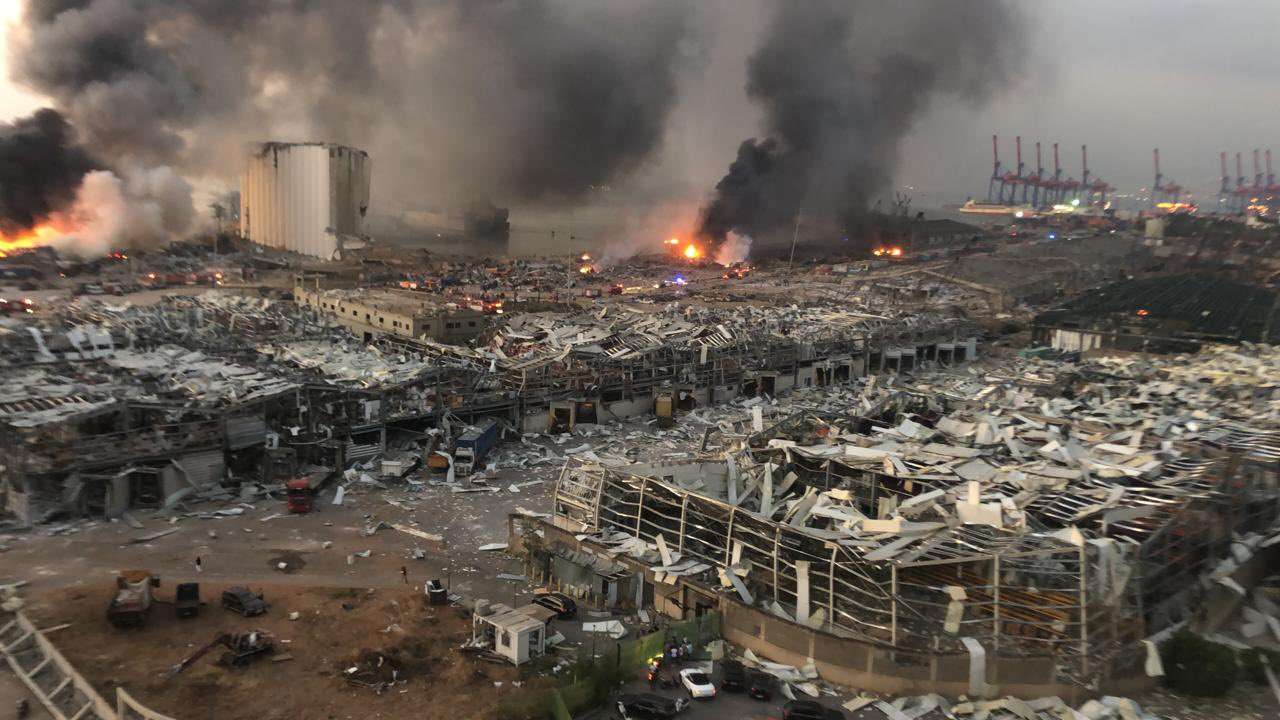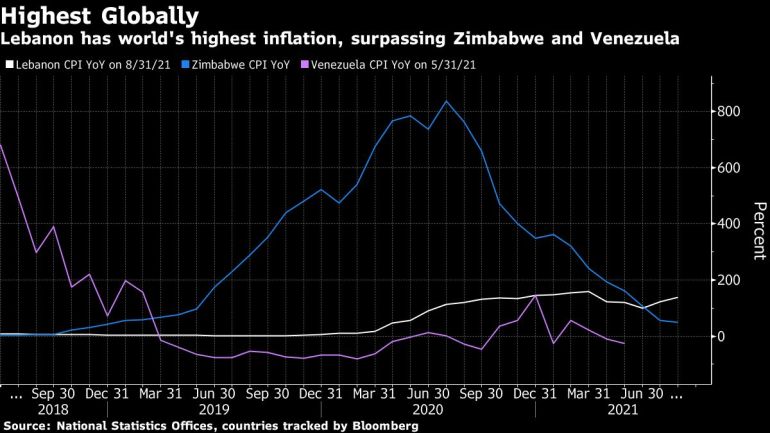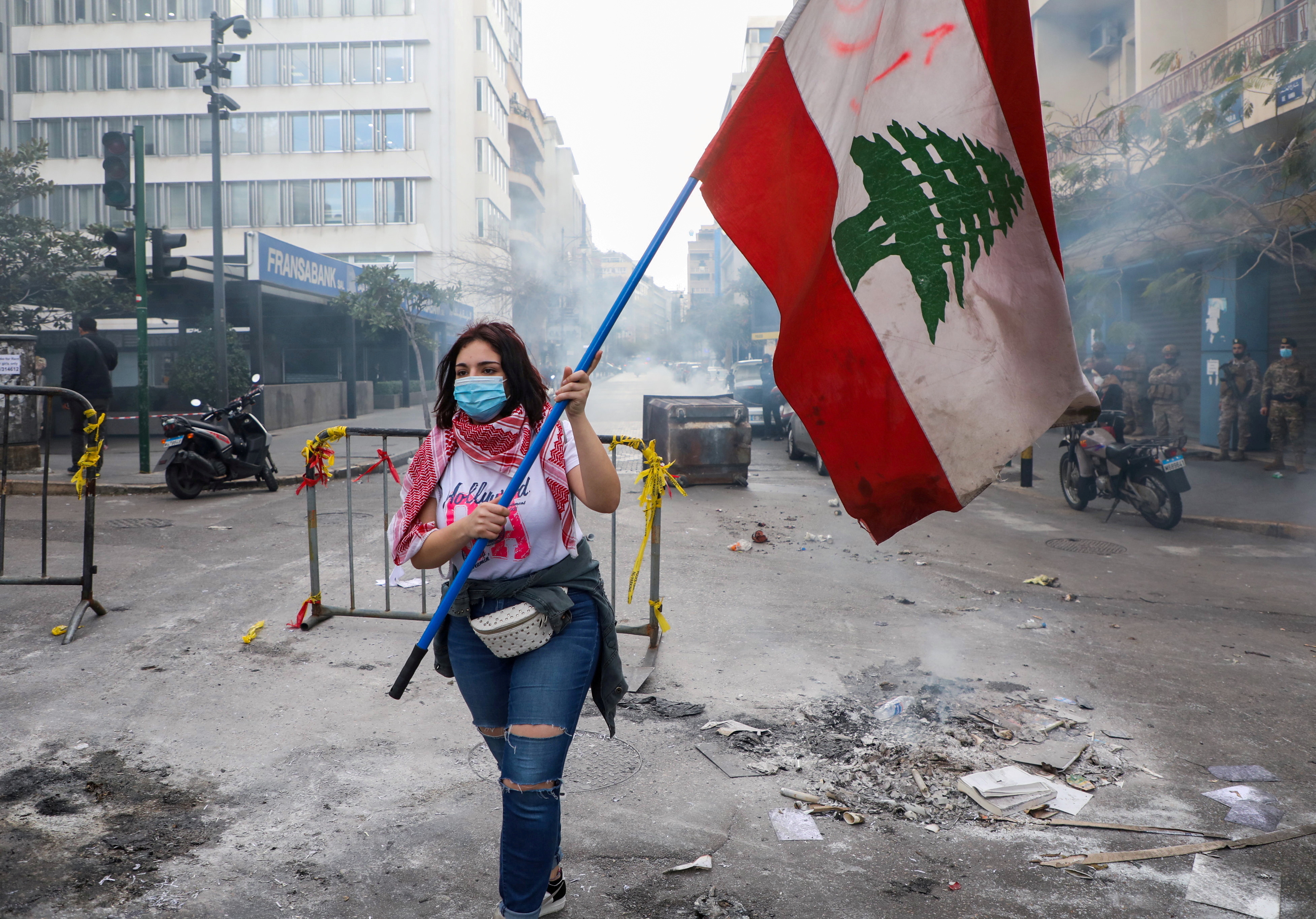
One of Lebanon’s main problems is the sectarian politics that is dividing the country and fueling conflict since its independence. The division between Christians and Shi’ites is wider than before. About six people were shot in Beirut as rallies against the city’s worst case of violence began. Here’s all you need to know about the Lebanon crisis
How did the Lebanon crisis begin?

Like all crises, Lebanon’s situation built up slowly and led to a quick collapse. Following a 15 year long civil war that ended in the 1990s, the country chose to tie with the US dollar instead of letting the markets determine its value. While it brought stability initially, it needed the nation’s bank to hold a large stock of US dollars. This is so that its banks can keep the promise of exchanging 1,507 Lira to $1 whenever needed. Additionally, businesses had to convert to US dollars to pay for imports despite low consumptions.
The initial smooth sail followed with a harsh aftereffect of corruption, Syria’s civil war, and other political tensions in the Middle East. Additionally, foreign investors avoided Lebanon due to the increase in Hezbollah, a US-recognized terrorist group’s power. Post-2019, the economic output plunged as the value of the Lira plummeted over 90 percent. Unfortunately, it has now exceeded 100 percent. (www.plu68.com) The increase in taxes, reduction in tourism due to the pandemic only hit the country further. The last and worst hit was the huge explosion at Beirut port.
Probes and problems
Tensions over the probe into the blast’s investigation that took over 200 lives in Beirut. The explosion was caused by a large quantity of ammonium nitrate. Thursday’s shooting began as protestors headed towards a demonstration by Hezbollah and Amal, an ally to demand the stop of the port blast investigation. The judge, after questioning several security officials and senior politicians suspected negligence. However, they have denied wrongdoing.

Another main reason behind the crisis is the sectarian politics that divides the country and duels conflict. The prime suspects for suspicion on negligence are Shi’ites. In addition to being allies of the Iran-backed Hezbollah, Ali Hassan Khalil, the former finance minister is a close ally of the terrorist group. However, non-Shi’ite officials are also at equal fault. Hassan Diab, a former Prime Minister, and Sunni, a senior Christian politician, and a Christian general were questioned. All this adds to the increase in friction between the groups. Additionally, Lebanon’s rivalries with foreign nations increase the troubles. For a while now, the nation’s power has been tilting to favor Hezbollah and their allies and moving away from other Arab states and western governments.






